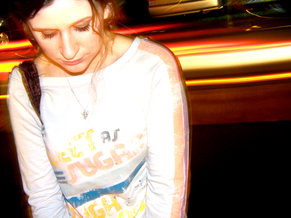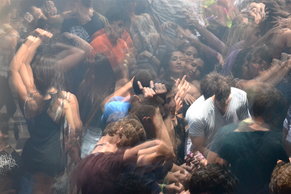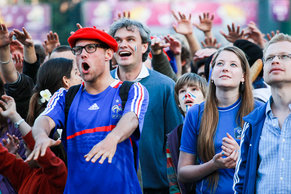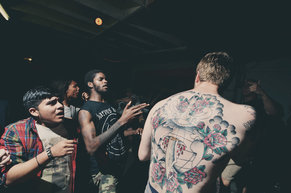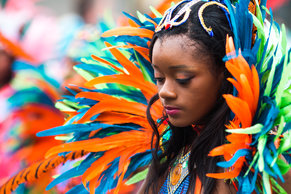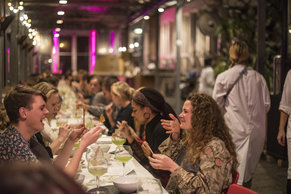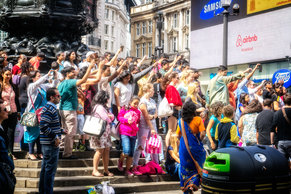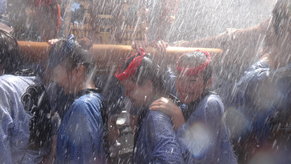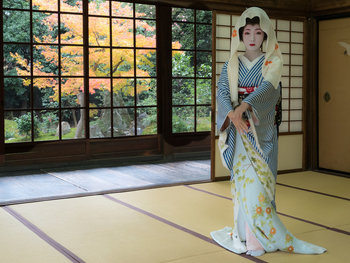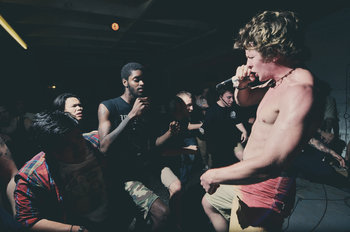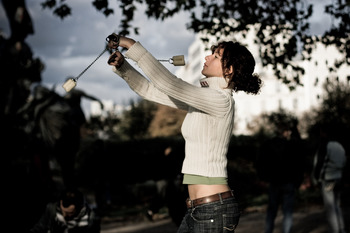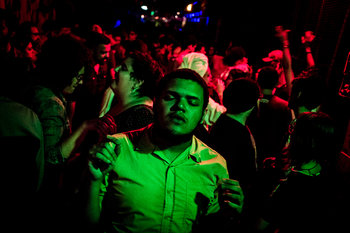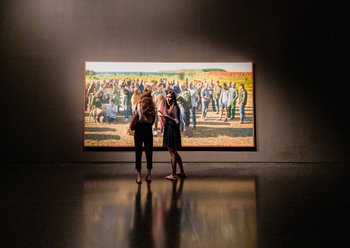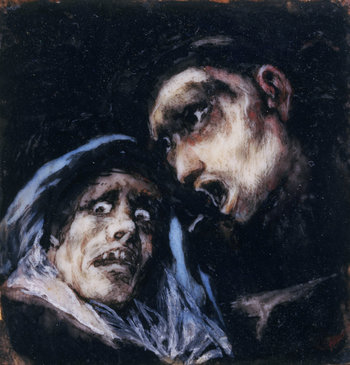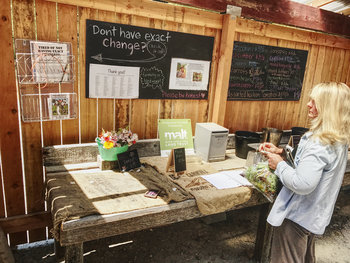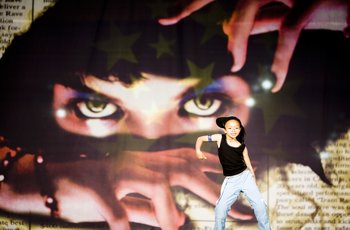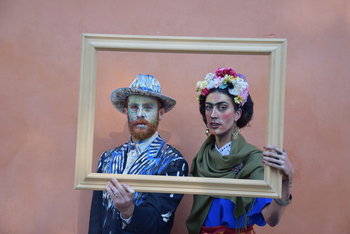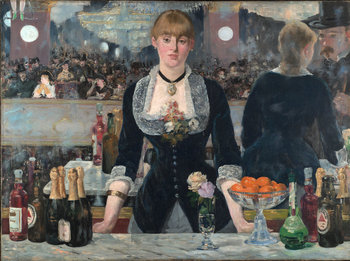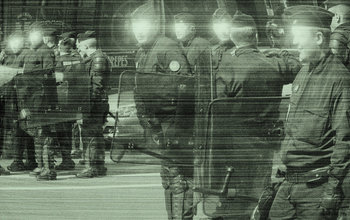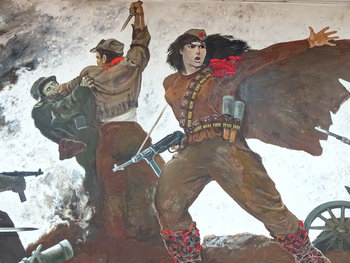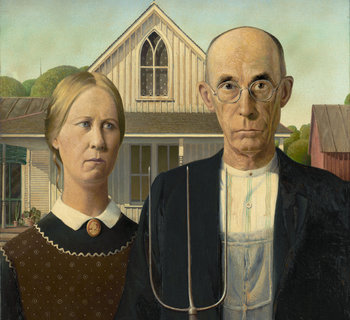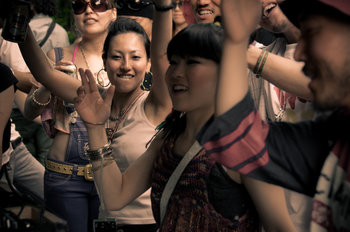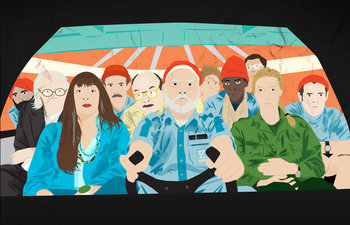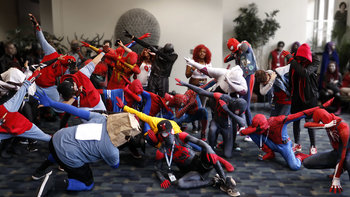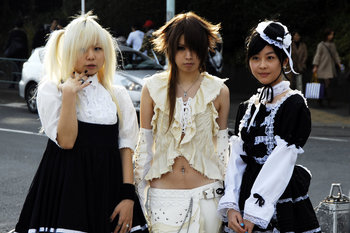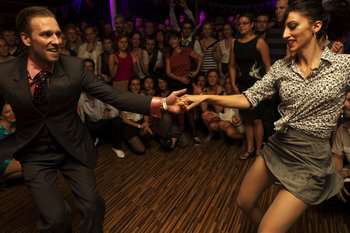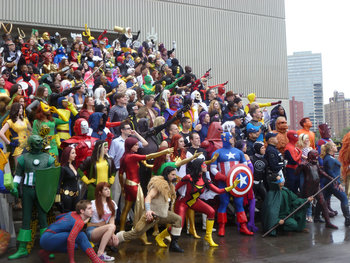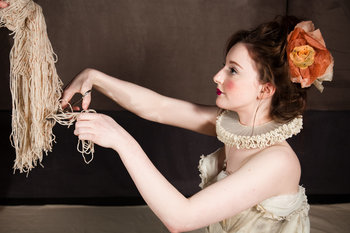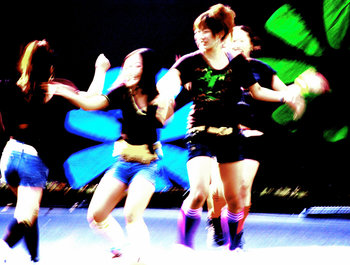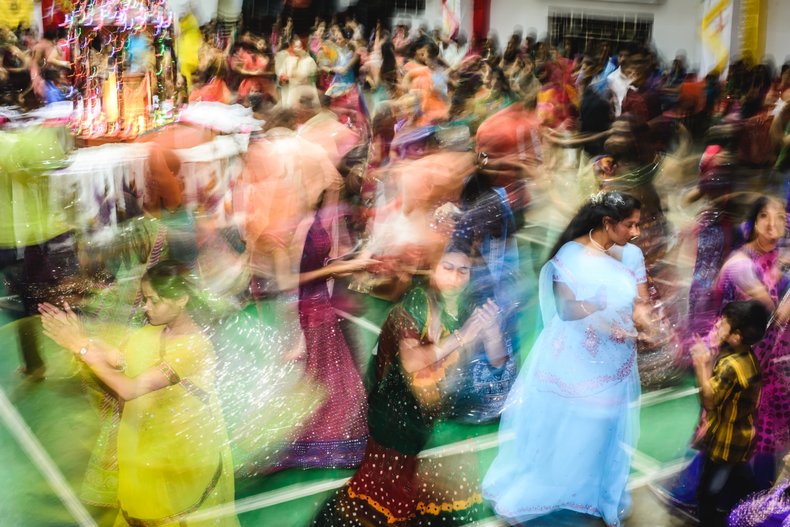
Norms
Shared norms of behavior such as an expectation that you keep your voice to a reasonable level in a particular office. Norms respect the intelligence and freedom of the group by not making everything a formal rule.Roles
Roles such as family roles in a traditional culture.Expectations
An action that is expected in a particular situation. For example, a community that expects new neighbors to introduced themselves within a few days of moving in and to offer a small gift.Habits
Shared habits such as a design firm where most people work from home on Fridays.Language
A language associated with a national culture, regional culture or ethnic group. Unique vocabulary can also emerge in any culture.Food
Dishes, ingredients and culinary traditions.Events
Events such as an annual neighborhood festival.Pastimes
Shared patterns of leisure. For example, the Japanese tradition of flying kites on New Years Day.Values
Values such as a moral principle of right and wrong adopted by a group. For example, principles of sportsmanship associated with a sport.Fashion
Traditional or contemporary clothing associated with a culture such as the fashion trends attached to a music scene.Economy
The production and distribution of value such as a traditional craft or a culture that embraces a do-it-yourself ethic. For example, cosplayers who produce their own original costumes using skills such as sewing.Lifestyle
A lifestyle is a way of living. For example, a culture that values home cooked meals over convenience foods.Knowledge
A culture may include a body of knowledge such as a farming tradition that preserves cultivation know-how.Creativity
Creative works, methods and traditions in areas such as music, fashion, art, film, performance art and craft. For example, a modern or traditional dance associated with a nation, region or city.Stories
Stories such as myths and legends that represent a shared experience, symbol, ethic or source of knowledge. These can be factual, fictional or some mix of both. For example, the stories associated with the founding of a nation.Symbols
Cultural symbols such as a mark, graphic design, story, person, event, place, tradition or thing that has significance to a culture. For example, a type of patterned cloth known as a tartan is considered symbolic national dress of Scotland.Rituals
Ceremonies that are performed in a traditional way established by history. For example, the orientation rituals of a school culture.Rites of Passage
A ritual or event that marks a new stage in someone's life. For example, a coming of age celebration or practice.Holidays
Days of celebration and symbolic meaning.Epic Meaning
Cultures often provide epic meaning, a sense that one is part of something important that is far bigger than oneself. For example, a ceremony that pays respect to deities and ancestors.Community
A sense of belonging to a social group and avenues for social interaction. For example, a local temple that requires all neighbors to volunteer on a rotating schedule such that everyone knows everyone in the area.Consumerism
A culture may involve consumerism. For example, a culture of fandom centered around a series of comic books, movies and related products.Media & Communication
Avenues of media and communication such as a fashion subculture that thrives in a particular online forum.Shared Experience
Culture emerges through shared experience and is reinforced by it. Without shared experience, culture becomes a weak force and people may experience a sense of anomie. For example, a neighborhood culture with no meeting places or events such that people are isolated and detached from each other.Summary
Culture is the shared understanding and behaviors that characterize a social group. This includes the shared experiences that are viewed as making life enjoyable and meaningful.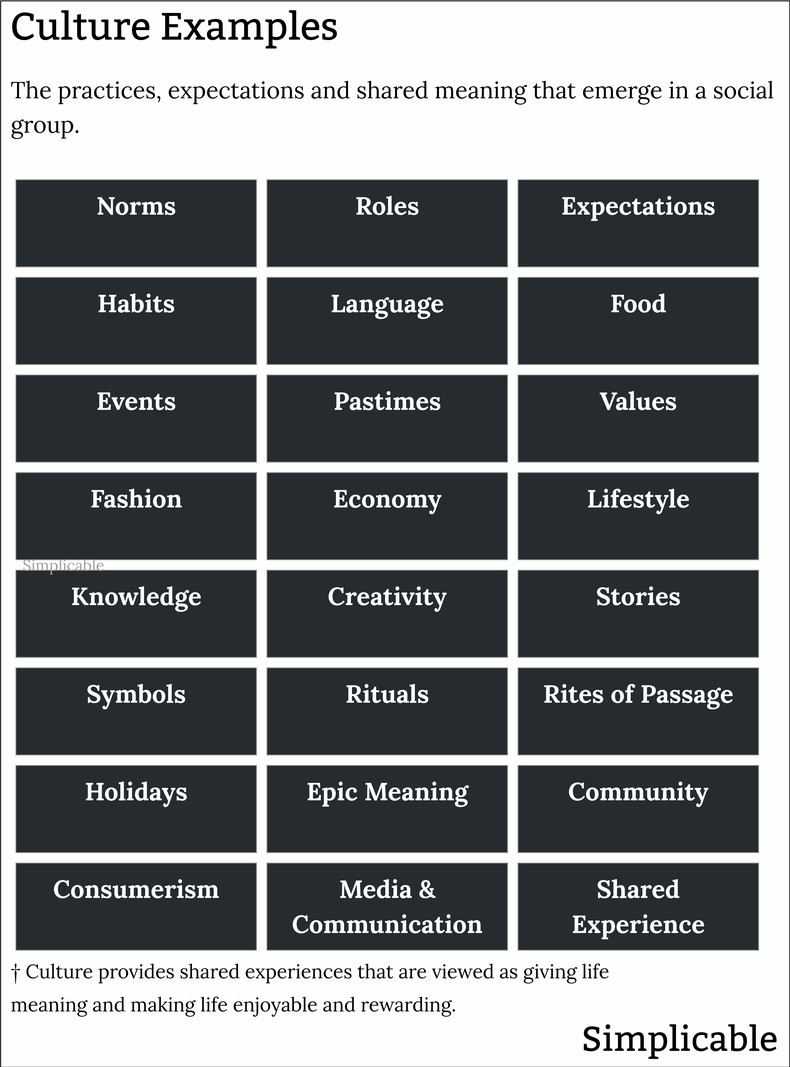
| Overview: Culture Examples | ||
Type | ||
Definition | Shared understanding that emerges from shared experiences. | |
Related Concepts | ||

